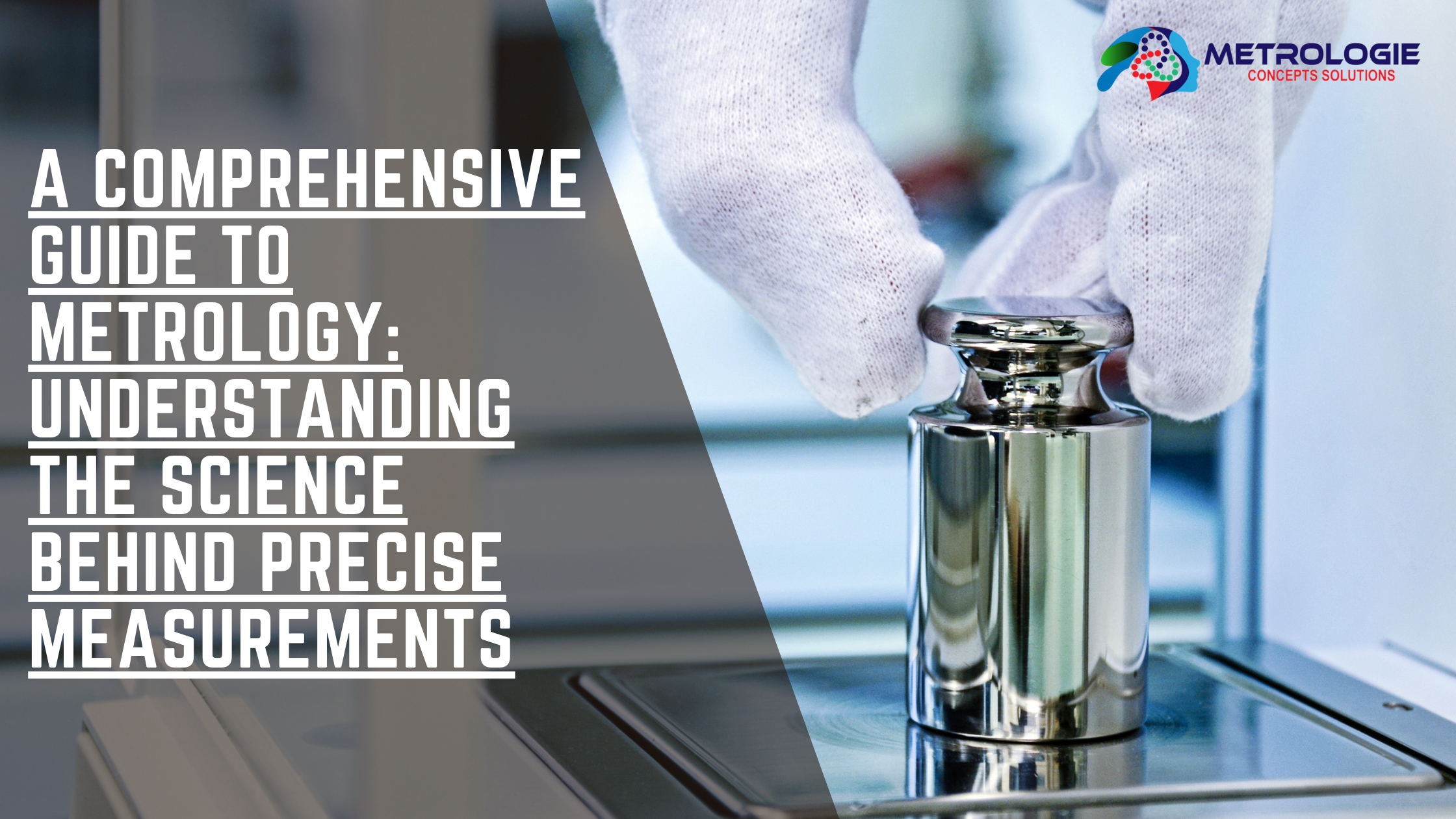Introduction
Welcome to “A Comprehensive Guide to Metrology: Understanding the Science Behind Precise Measurements.” Metrology is the science and practice of precise measurements, critical for ensuring the accuracy and reliability of various processes and products. In this article, we will delve deep into the world of metrology, exploring its fundamental principles, methodologies, and applications.
A Brief Overview of Metrology
Metrology is the science that enables us to make precise measurements, laying the foundation for advancements in technology, manufacturing, research, and quality control. It involves the study of measurement techniques, standards, and instruments, all aimed at achieving accurate and consistent results.
The Importance of Accurate Measurements
Accurate measurements are the backbone of scientific research, engineering projects, and industrial processes. They provide essential data for decision-making, process improvement, and product development. Understanding the significance of precise measurements is vital in appreciating the role metrology plays in various sectors.
History of Metrology: From Ancient Roots to Modern Science
Metrology has a rich history dating back to ancient civilizations, where basic measuring tools were used to standardize lengths and quantities. This section will explore the historical evolution of metrology and its transformation into a sophisticated scientific discipline.
Fundamental Concepts in Metrology
In this section, we will cover the fundamental concepts that underpin metrology. Topics include accuracy, precision, calibration, traceability, and uncertainty. Understanding these concepts is crucial for comprehending measurement accuracy and reliability.
Types of Metrology
Metrology encompasses various measurement types, each tailored to specific applications. We will discuss dimensional metrology, surface metrology, form metrology, and more, shedding light on their roles in different industries.
Metrology Techniques and Instruments
This section will provide an in-depth look at the diverse metrology techniques and instruments used to perform precise measurements. From traditional calipers and micrometers to advanced coordinate measuring machines (CMMs) and laser scanning devices, we will explore the tools that make metrology possible.
Coordinate Measuring Machines (CMMs): A Closer Look
CMMs are indispensable in modern metrology, enabling accurate measurement of complex geometries. We will examine how CMMs function, their components, and their applications in manufacturing and quality control processes.
Optical Metrology: Illuminating the Way
Optical metrology utilizes light and optics to measure surfaces and dimensions with exceptional accuracy. In this section, we will explore interferometry, confocal microscopy, and other optical measurement techniques.
Metrology in Manufacturing
Manufacturing relies heavily on metrology to ensure product quality and consistency. This section will delve into how metrology is applied in manufacturing processes, including automotive, aerospace, and electronics industries.
Metrology’s Role in Research and Development
In the realm of research and development, metrology plays a crucial role in validating hypotheses, analyzing experimental data, and developing innovative technologies. We will discover the connection between metrology and scientific advancements.
Metrology and Quality Control
Quality control is vital in delivering products that meet industry standards and customer expectations. Here, we will explore how metrology contributes to quality control processes in diverse sectors.
Metrology in Medicine: Advancing Healthcare
The medical field benefits from metrology in various ways, such as medical imaging, diagnostics, and medical device manufacturing. We will investigate the intersection of metrology and medicine.
Metrology’s Impact on Global Trade
Metrology is instrumental in international trade, ensuring fair and accurate measurements for goods and services. This section will highlight how metrology facilitates commerce on a global scale.
The Future of Metrology: Technological Advancements
As technology advances, so does metrology. This section will explore emerging trends and innovations in metrology, such as nanometrology, quantum metrology, and the Internet of Things (IoT).
The Importance of Training and Certification in Metrology
Metrologists require specialized training and certification to perform their duties effectively. We will discuss the significance of professional development and certification programs in maintaining metrological standards.
Metrology Ethics and Best Practices
Ethics and best practices play a pivotal role in metrology to ensure integrity and accuracy in measurements. This section will explore the ethical considerations and guidelines for metrologists.
Addressing Metrological Challenges
Metrology faces various challenges, including measurement uncertainty, environmental factors, and technological limitations. We will address these challenges and explore strategies for overcoming them.
Frequently Asked Questions (FAQs)
Q: What is metrology?
A: Metrology is the science of precise measurements, encompassing various techniques and instruments to achieve accurate results.
Q: How is metrology used in manufacturing?
A: Metrology ensures product quality in manufacturing processes, from validating part dimensions to monitoring production lines.
Q: What is the role of metrology in research?
A: Metrology validates experimental data, provides accurate measurements, and aids in scientific discoveries.
Q: How does metrology impact global trade?
A: Metrology ensures fair and accurate measurements, facilitating smooth trade between nations.
Q: What are the future trends in metrology?
A: The future of metrology lies in technological advancements, including nanometrology and quantum metrology.
Q: Why is certification important for metrologists?
A: Certification ensures metrologists have the necessary skills and knowledge to perform accurate measurements.
Conclusion
In conclusion, metrology is the bedrock of precision and accuracy in various industries. Understanding the science behind precise measurements is essential for driving innovation, ensuring product quality, and advancing scientific research. As technology continues to evolve, so will metrology, shaping the future of precise measurements and their applications.




